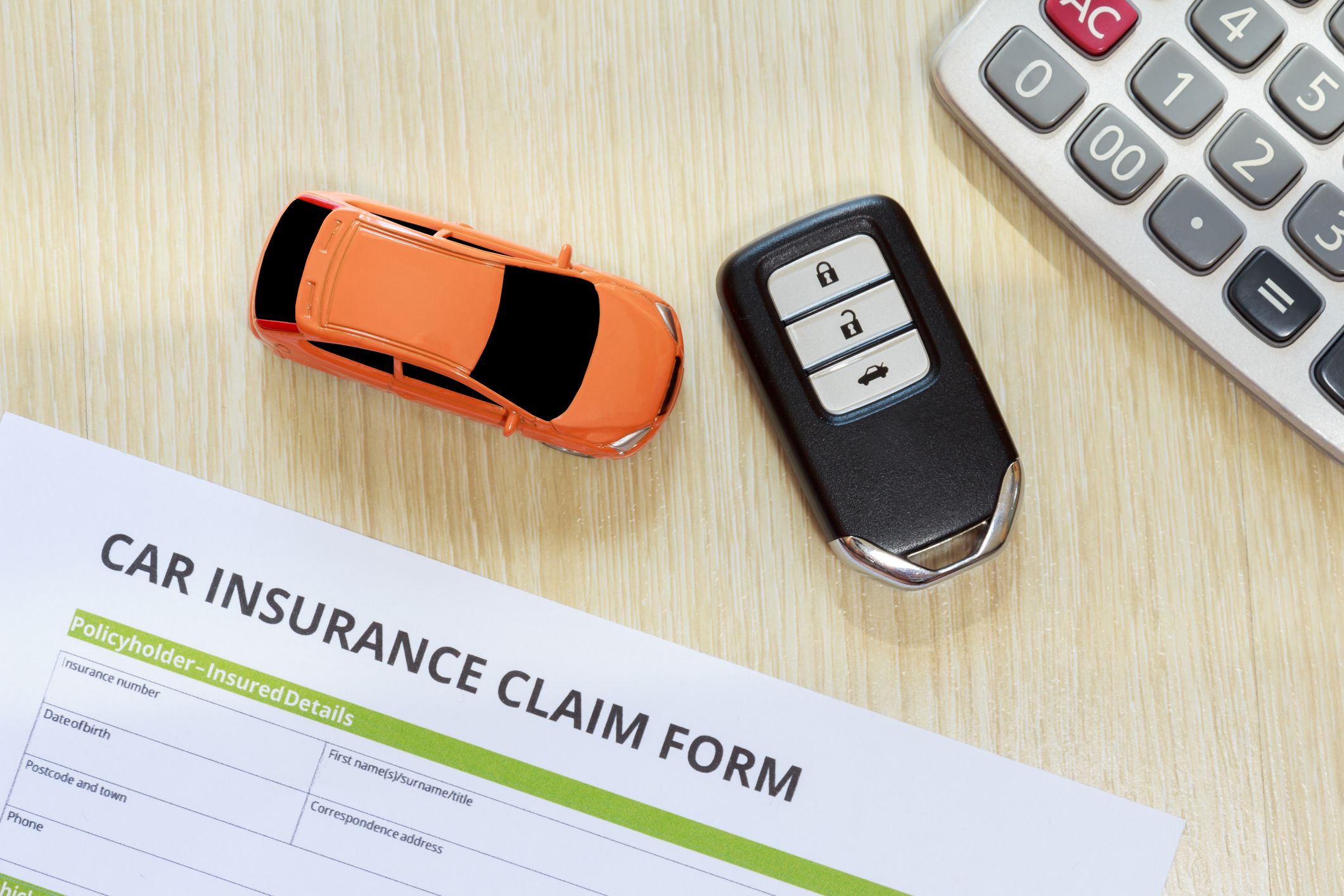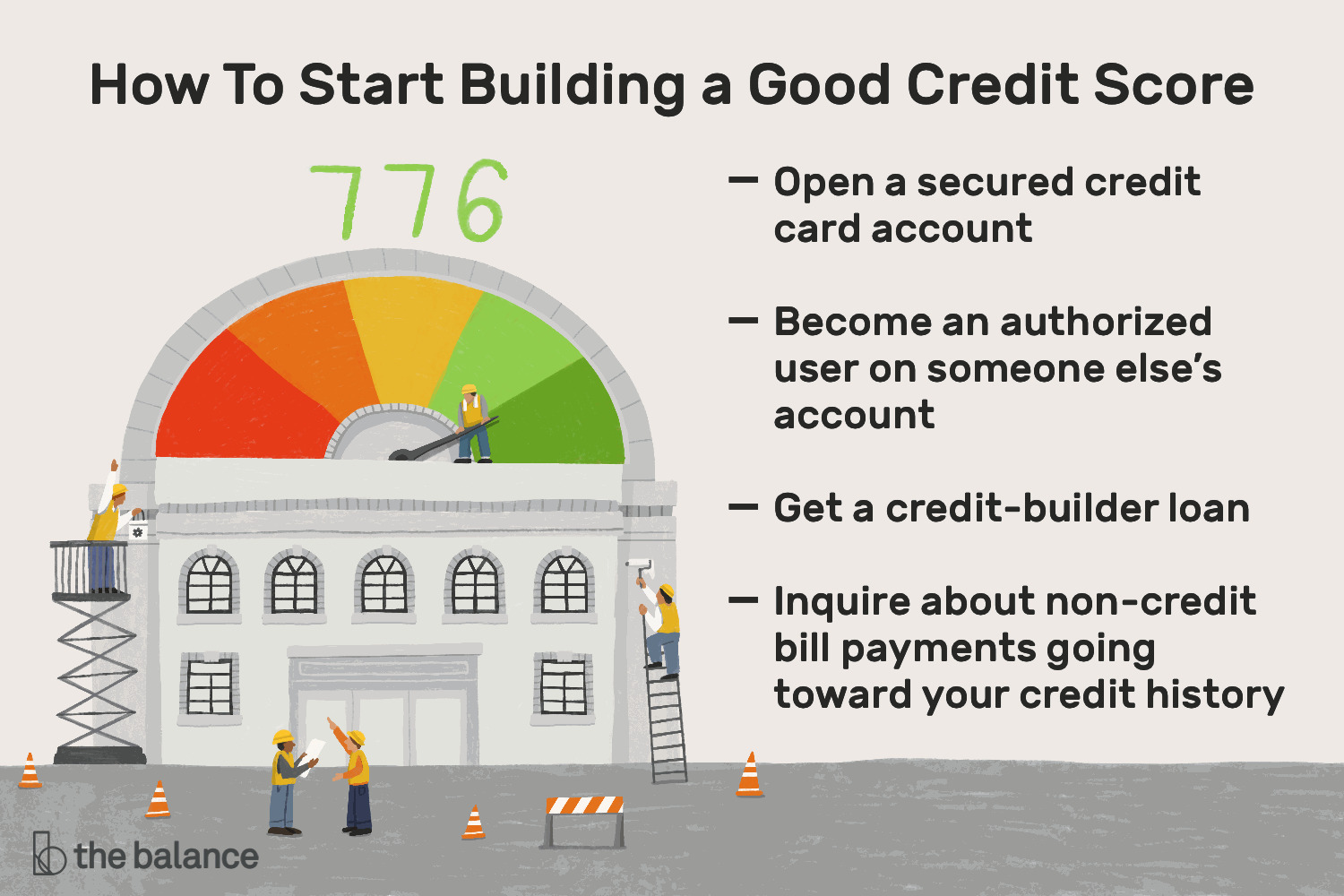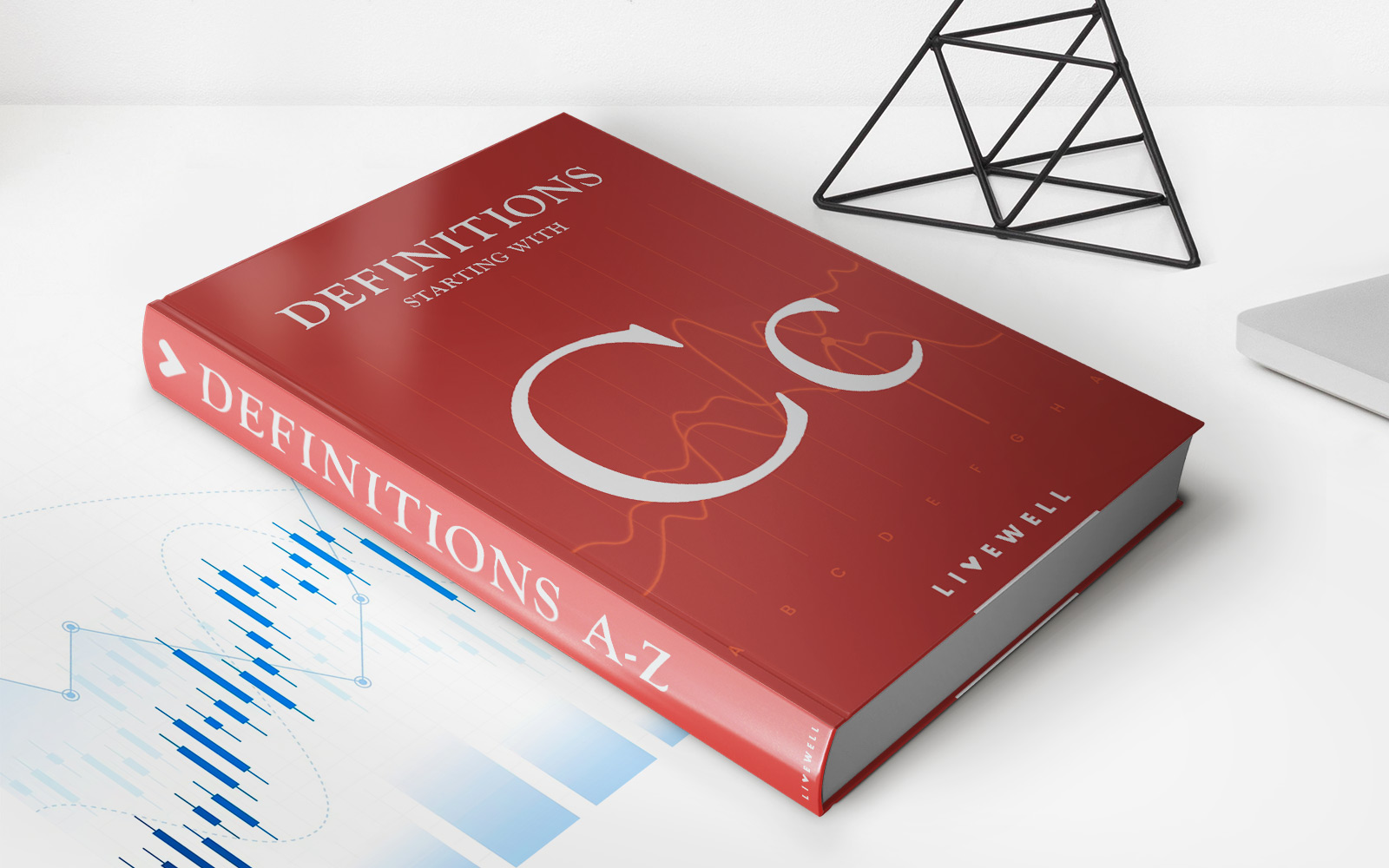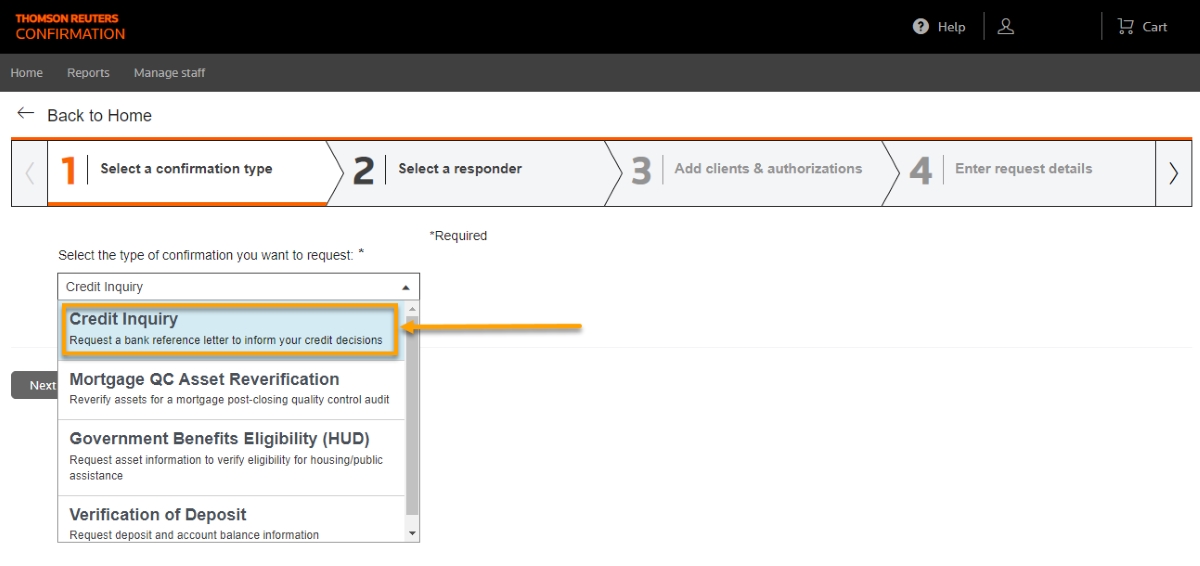

Finance
How Long Does It Take To Get Car Insurance?
Published: November 5, 2023
Looking for car insurance? Learn how long it takes to get coverage in this comprehensive finance guide. Get peace of mind and protect your vehicle today.
(Many of the links in this article redirect to a specific reviewed product. Your purchase of these products through affiliate links helps to generate commission for LiveWell, at no extra cost. Learn more)
Table of Contents
Introduction
Getting car insurance is a crucial step when you own a vehicle. It not only provides financial protection in case of accidents or damage but is also a legal requirement in many countries. When you purchase a new car or switch insurance providers, you may be wondering how long it takes to get car insurance. While the exact timeframe can vary depending on various factors, understanding the process can help you estimate the time required.
Obtaining car insurance involves several steps, including researching insurance providers, gathering necessary documents and information, applying for insurance, going through the underwriting process, and finalizing the policy. Each of these steps can contribute to the overall time it takes to get car insurance.
In this article, we will explore the factors that can affect the timeframe for obtaining car insurance and guide you through the process. By understanding the steps involved and being prepared, you can make the process smoother and get the coverage you need without unnecessary delays.
Factors Affecting the Timeframe for Obtaining Car Insurance
Several factors can influence the amount of time it takes to get car insurance. Understanding these factors can help you manage your expectations and be prepared for the timeline involved. Here are some key factors to consider:
- Research and Comparison: The time you spend researching different insurance providers and comparing their policies can greatly affect the timeframe. If you are proactive and invest sufficient time in comparing rates, coverage options, and customer reviews, you can expedite the process and make an informed decision.
- Vehicle Information: The information about your vehicle, such as make, model, year, and Vehicle Identification Number (VIN), is necessary for obtaining accurate insurance quotes. Having this information readily available can speed up the process, as it allows insurers to provide you with quotes more efficiently.
- Driving Record: Your driving record plays a vital role in determining your insurance premiums. Insurers will typically check your driving history, including any past accidents, traffic violations, or claims. If you have a clean driving record, the process can be smoother and quicker. However, if you have multiple infractions or a history of accidents, the underwriting process may take longer.
- Personal Information: Providing accurate personal information, such as your name, address, date of birth, and contact details, is essential. Mistakes or inconsistencies in your personal information can lead to delays in processing your application. Double-checking your details before submitting your application can help avoid unnecessary delays.
- Insurance Coverage Selection: The type and level of coverage you choose can impact the time it takes to finalize your policy. If you opt for standard coverage without any additional add-ons, the process can be relatively quick. However, if you need specialized coverage or customizations, it may require more time for underwriting and approval.
- Insurance Company Processes: Each insurance company has its own processes and timelines for processing applications. Some insurers have streamlined online systems that allow for faster approvals, while others may rely on manual underwriting processes that take longer. Researching the insurance company’s reputation for speed and efficiency can give you an idea of their average processing timeframe.
Keep in mind that these factors are not exhaustive, and other variables may also impact the timeframe for obtaining car insurance. Additionally, it’s essential to note that the timeframes provided by insurance companies are estimates and can vary based on various circumstances.
Researching and Comparing Insurance Providers
Once you decide to get car insurance, it’s important to dedicate some time to research and compare different insurance providers. This step is crucial to ensure that you find the right coverage at a competitive rate. Here are some key points to consider when researching and comparing insurance providers:
- Online Research: Start by conducting online research to identify insurance companies that offer car insurance in your area. Visit their websites to learn more about their policies, coverage options, and additional benefits they may offer.
- Rates and Coverage: Request insurance quotes from different providers to compare rates and coverage options. Take note of the premium amounts, deductibles, and any additional fees or discounts that may apply.
- Financial Stability: Consider the financial stability of insurance companies. Look for reputable rating agencies that assess the financial strength and stability of insurers. A financially stable company is more likely to honor claims and provide reliable customer service.
- Customer Reviews: Read customer reviews and testimonials to gauge the level of satisfaction with each insurance provider. Pay attention to feedback regarding claims handling, customer service, and overall experience.
- Additional Benefits: Look for any additional benefits or features offered by insurance companies, such as roadside assistance, rental car coverage, or discounts for safe driving habits. These additional benefits can add value to your policy and enhance the overall coverage.
- Customer Service: Consider the quality of customer service provided by insurance companies. Prompt and helpful customer service can make a significant difference when you need to file a claim or have questions about your policy.
- Referrals and Recommendations: Seek referrals and recommendations from friends, family, or colleagues who have had positive experiences with specific insurance providers. Their insights can provide valuable guidance in your decision-making process.
By investing time in researching and comparing insurance providers, you can ensure that you choose a reliable and reputable company that meets your coverage needs. This step is crucial in finding the best combination of price, coverage, and customer service that suits your requirements.
Gathering Required Documents and Information
Before applying for car insurance, you will need to gather certain documents and information to provide to the insurance company. Having these documents ready can help expedite the application process. Here are the essential documents and information you may need:
- Driver’s License: You will need a valid driver’s license to apply for car insurance. Make sure your license is up to date and readily available.
- Vehicle Information: Collect the necessary information about your vehicle, including the make, model, year, and VIN (Vehicle Identification Number). The VIN is typically located on the driver’s side dashboard or door jamb.
- Previous Insurance Information: If you have had car insurance in the past, gather any relevant information, such as the name of your previous insurer, policy number, and expiration date. This information can be helpful for insurance companies to assess your driving history and determine your eligibility for discounts.
- Driving History: Provide accurate information about your driving history, including any accidents, traffic violations, or claims you have made in the past. Insurance companies use this information to determine your level of risk and calculate your premiums.
- Personal Information: Prepare your personal details, including your full name, address, date of birth, and contact information. Ensure that all the information is accurate and up to date.
- Payment Information: Decide on your preferred payment method and have the necessary payment information ready. Whether you choose to pay in full or opt for monthly installments, you will need to provide your payment details during the application process.
- Additional Drivers: If there are additional drivers who will be using the insured vehicle, gather their information as well, including their names, driver’s license numbers, and driving history.
- Vehicle Registration: Some insurance companies may require a copy of your vehicle registration as proof of ownership. Have a copy of your vehicle registration ready in case it is needed.
By gathering all the necessary documents and information beforehand, you can ensure a smooth and efficient application process. This preparation helps you provide accurate and complete information to the insurance company, enabling them to process your application more quickly.
Applying for Car Insurance
Once you have researched insurance providers, compared policies, and gathered the required documents and information, it’s time to apply for car insurance. The application process may vary slightly depending on the insurance company, but here are the general steps involved:
- Contact the Insurance Company: Reach out to the insurance company either online, through their website, or by phone to initiate the application process. Provide them with your basic information and let them know that you are interested in obtaining car insurance.
- Provide Personal Documents: The insurance company may request proof of identity and address. Be prepared to provide scanned copies or physical copies of your driver’s license, vehicle registration, and any other documents they require.
- Complete the Application Form: Fill out the application form, either online or in-person if available. This form will require you to provide personal details, vehicle information, driving history, and other relevant information needed to assess your risk and determine your premiums.
- Answer Questions: Be prepared to answer specific questions related to your driving habits, the purpose of the vehicle, and any additional drivers who will be covered under the policy. Provide accurate and honest answers to ensure the accuracy of your quote and policy terms.
- Review the Policy: Carefully review the policy terms and conditions, coverage limits, deductibles, and any additional endorsements. Ensure that you understand what is covered and any exclusions that may apply.
- Ask Questions: If you have any questions or concerns, don’t hesitate to ask the insurance company representative for clarification. It’s essential to have a clear understanding of the policy before finalizing the application.
- Provide Payment Information: Provide the insurance company with your preferred payment method and the necessary payment information to activate your policy. Decide whether you want to pay in full or opt for monthly installments, keeping in mind that additional fees may apply for installment plans.
- Submit the Application: Once you have filled out the application form, reviewed the policy, and provided the necessary payment information, submit the application to the insurance company. Some companies may require a digital signature, while others may require a physical signature on the application form.
After submitting the application, the insurance company will review the information provided, including your driving history and risk factors, to determine your eligibility and calculate your premiums. The turnaround time for processing applications can vary, but many insurance companies provide a confirmation of coverage shortly after submission.
By following these steps and providing accurate and complete information, you can streamline the application process and increase your chances of getting car insurance in a timely manner.
Underwriting and Approval Process
Once you have submitted your car insurance application, it goes through the underwriting process. Underwriting is a crucial step where the insurance company assesses the risk associated with insuring you and determines the final terms of your policy. Here’s what you can expect during the underwriting and approval process:
- Evaluation of Risk Factors: The insurance company will evaluate various risk factors, including your driving history, age, location, type of vehicle, and claims history. These factors help them assess the likelihood of you making a claim and determine the appropriate premium for your policy.
- Verification of Information: The insurance company may conduct additional verification checks to confirm the accuracy of the information provided in your application. This may include contacting your previous insurance providers to verify your claims history or conducting a background check to verify your driving record.
- Review of Additional Factors: Depending on the insurance provider, other factors such as credit history, occupation, and annual mileage may also be taken into consideration during the underwriting process.
- Calculation of Premium: The insurance company will calculate the premium based on the risk factors identified during the underwriting process. Factors such as your driving record, type of coverage selected, and the deductible you choose can all impact the final premium amount.
- Decision and Approval: Once the underwriting process is complete, the insurance company will make a decision on approving your application. If approved, they will provide you with the details of your policy, including coverage limits, deductibles, and any endorsements or additional benefits.
- Communication and Documentation: The insurance company will communicate the final decision to you, either through email, mail, or online portal. They will provide you with the necessary documentation, such as your policy declaration page, proof of insurance, and any other relevant documents.
- Premium Payment: After the policy is approved, you will need to make the premium payment as per the agreed terms. Some insurance companies may require immediate payment, while others offer a grace period for payment.
The underwriting and approval process can take varying amounts of time depending on the insurance company’s internal processes and the complexity of your application. It is essential to provide accurate and complete information to ensure a smooth underwriting process and avoid any delays. If there are any discrepancies or concerns, the insurance company may contact you for additional clarification or documentation.
By understanding the underwriting process, you can better prepare yourself for the time it may take to receive the final approval and policy details. Patience is key during this process, as the insurance company strives to ensure that they are providing coverage to responsible and reliable drivers.
Finalizing the Policy
Once your car insurance application has been approved, and you have made the necessary premium payment, you are ready to finalize your policy. The finalization process involves reviewing the policy details, signing the necessary documents, and ensuring that you have all the required information. Here are the steps involved in finalizing your car insurance policy:
- Policy Review: Carefully review the policy documents provided by the insurance company. Verify that all the information is accurate, including your personal details, the coverage limits, deductibles, and any additional endorsements or add-ons you have requested.
- Understanding Coverage: Ensure that you have a clear understanding of what is covered under your policy and any exclusions or limitations that may apply. If you have any questions or concerns, reach out to the insurance company for clarification before signing the documents.
- Sign the Documents: If the policy terms align with your expectations and you are satisfied with the coverage and premium, sign the necessary documents to finalize the policy. This may involve physically signing paper documents or digitally signing through an online platform.
- Keep Copies: Make sure to keep copies of all the finalized policy documents for your records. This includes the policy declaration page, proof of insurance, and any other pertinent documents provided by the insurance company.
- Update the Necessary Parties: Notify any relevant parties, such as your leasing or financing company, about the insurance coverage you have obtained. Provide them with the required documentation as proof of insurance.
- Comply with Legal Requirements: Ensure that you comply with all legal requirements related to car insurance in your jurisdiction. This includes carrying valid proof of insurance in your vehicle and renewing your policy as required.
- Communicate with Your Insurance Agent: Maintain open communication with your insurance agent or representative. They can assist you with any questions or concerns you may have throughout the duration of your policy.
By carefully reviewing and finalizing your policy, you can have peace of mind knowing that you have the necessary coverage for your vehicle. It is crucial to understand your policy terms and to contact your insurance company if you have any changes in circumstances or need to make adjustments to your coverage.
Remember that car insurance policies typically have a term of one year, so it is important to stay informed about renewal dates and any changes in your coverage or circumstances that may affect your policy. By maintaining an active and updated policy, you can drive with confidence, knowing you have the necessary protection in place.
Conclusion
Obtaining car insurance is a necessary step to protect yourself and your vehicle financially. While the time it takes to get car insurance can vary based on several factors, being knowledgeable about the process can help you navigate it more efficiently and effectively.
By researching and comparing insurance providers, you can find the right coverage at a competitive rate. Gathering all the necessary documents and information beforehand ensures a smooth application process. The underwriting and approval process assess the risk factors and determine the final terms of your policy. Finally, the policy is finalized by reviewing the details, signing the necessary documents, and ensuring compliance with legal requirements.
Throughout the entire process, it is crucial to provide accurate information, ask questions, and understand your policy’s terms and coverage. Maintaining open communication with your insurance company and reviewing your policy regularly can help you stay informed and make any necessary adjustments as per your changing needs.
Remember that car insurance is not a one-time task. It is an ongoing commitment to protect yourself, your vehicle, and others on the road. Stay proactive by regularly reviewing your coverage, comparing rates, and exploring potential discounts or new insurance options.
By being diligent and informed, you can ensure that you have the necessary car insurance coverage in place, giving you the peace of mind you deserve while driving on the road.














